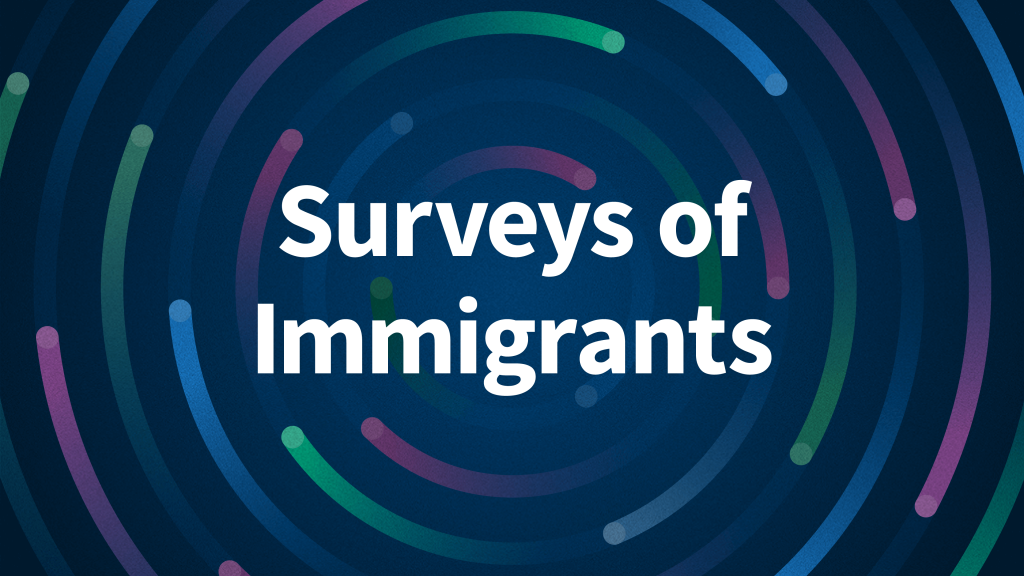Health and Health Care Experiences of Immigrants: The 2023 KFF/LA Times Survey of Immigrants
A KFF-Los Angeles Times partnership survey of immigrant adults, released in September 2023, shows most feel they found a better life for their families in this country, but many also face economic hardships and discrimination.
This report, drawing upon the main survey findings, shows how these challenges extend to health care. Many immigrants have difficulty accessing and using health care in the U.S. due to higher uninsured rates, affordability challenges, linguistic and cultural barriers, and immigration-related fears. The survey also shows the difficulties immigrants face in obtaining health coverage and underscores the role of coverage in access to care.
